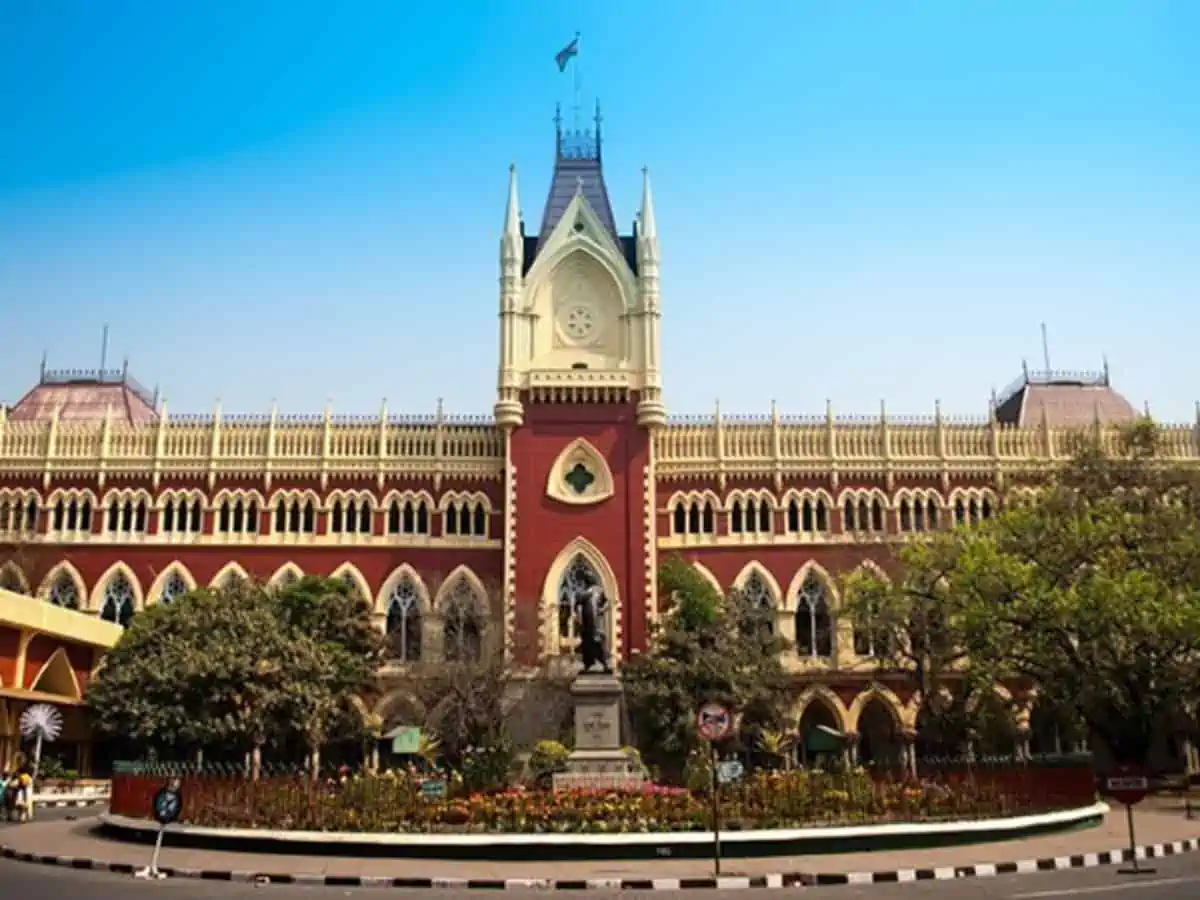Calcutta High Court grants bail to law student Sharmistha Panoli, ordering police protection after threats over alleged Islam-insulting posts.
Calcutta High Court grants bail and protection to student arrested over social media post
The Calcutta High Court has directed the Kolkata Police to ensure protection for law student Sharmistha Panoli, who was recently arrested over certain social media posts allegedly insulting Islam. The court, in an order dated June 5, 2025, also granted Panoli bail, citing her young age, academic background, and the threats she now faces due to her online activity.
Justice Raja Basu Chowdhury, while issuing the order, emphasized that the protection was necessary given the “growing hostility” directed at Panoli following her arrest.
Background: What Led to the Arrest?
Panoli, a 21-year-old law student at a reputed Kolkata institution, was taken into custody under Section 295A of the Indian Penal Code, which criminalizes deliberate and malicious acts intended to outrage religious feelings.
The arrest followed complaints from multiple individuals citing an Instagram story Panoli allegedly posted, which was perceived as mocking religious sentiments. Though the exact content was not disclosed in open court to avoid further communal tension, the police noted that it had triggered a “significant online backlash” and offline threats.
Bail Granted with Stern Observations
In granting her bail, the High Court acknowledged the seriousness of the allegation, but balanced it with concern over her safety and rights as a student. The court observed:
“Considering the gravity of the offence, the age of the accused, and the hostile environment emerging around her, it is imperative that protection be extended to ensure her liberty and security.”
No gag order was imposed, but the court did advise Panoli to exercise caution and “responsibility in future digital communications.”
Police Protection Ordered
The Kolkata Police were directed to provide round-the-clock protection to Panoli, including surveillance of her residence and college campus. A dedicated officer from the local police station has been assigned to monitor any new threats online or offline.
An officer speaking on condition of anonymity stated, “We are treating this as a matter of both law and order and digital safety. She’s entitled to protection regardless of the allegations.”
Legal Context: Where Does Free Speech End?
This case reignites the long-standing debate around freedom of speech versus religious sensitivity in India. Section 295A has often been at the centre of this tension.
Legal experts point to the Supreme Court’s 2016 judgment in Mahendra Singh Dhoni v. Yerraguntla Shyamsundar, where the Court warned against “overcriminalization of expression.” They also refer to the Shreya Singhal v. Union of India ruling, which struck down vague speech restrictions in digital spaces.
“Young students must not be criminalised for exploratory or even poor taste speech,” said senior advocate Rajeev Mehra, speaking to The Legal Observer. “The threshold for criminal intent under 295A is high, and intent to incite must be proven.”
Reactions: Mixed Voices
While rights activists welcomed the bail order and protection directive, conservative groups criticised the High Court’s approach, claiming it sent a “wrong message.” Meanwhile, Panoli’s legal counsel reiterated that she never intended to hurt anyone and that “freedom of thought should not be punished as criminal incitement.”
The case has stirred widespread discourse on student rights, academic freedom, and the scope of digital speech in an increasingly polarised environment.
What Comes Next?
Panoli is expected to resume her studies while cooperating with the ongoing investigation. The matter is likely to return to court next month as police file a status report on the threats she continues to face.
Stay updated with similar developments on our News Section and explore deeper perspectives in our Views – Insight segment.
For video updates and legal commentary, follow us on YouTube – The Legal Observer.




